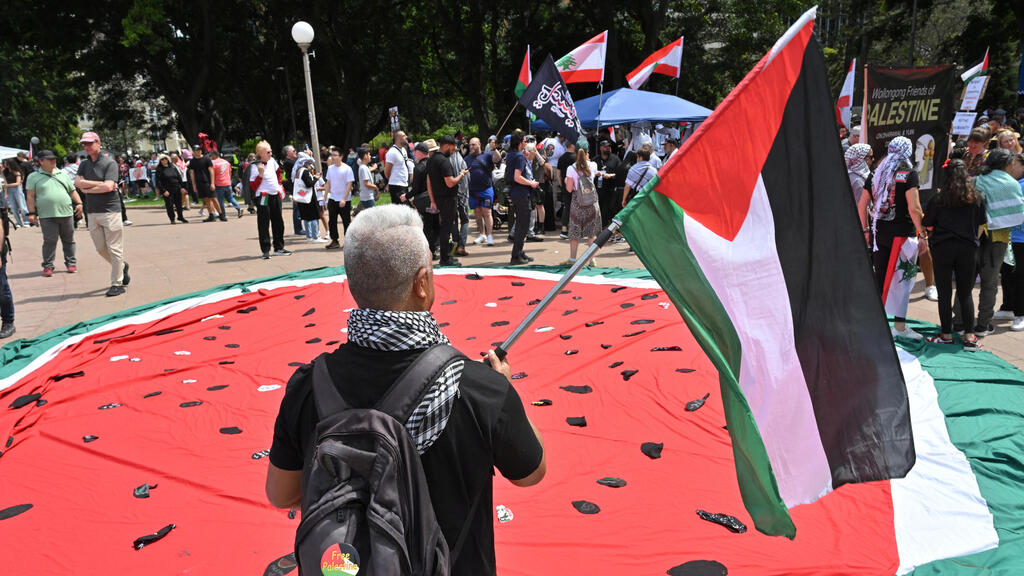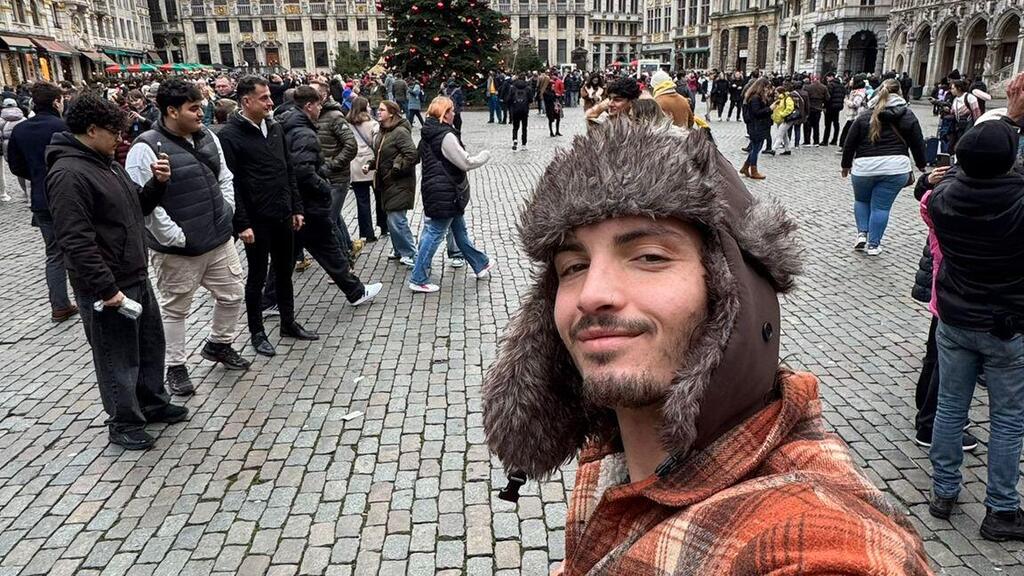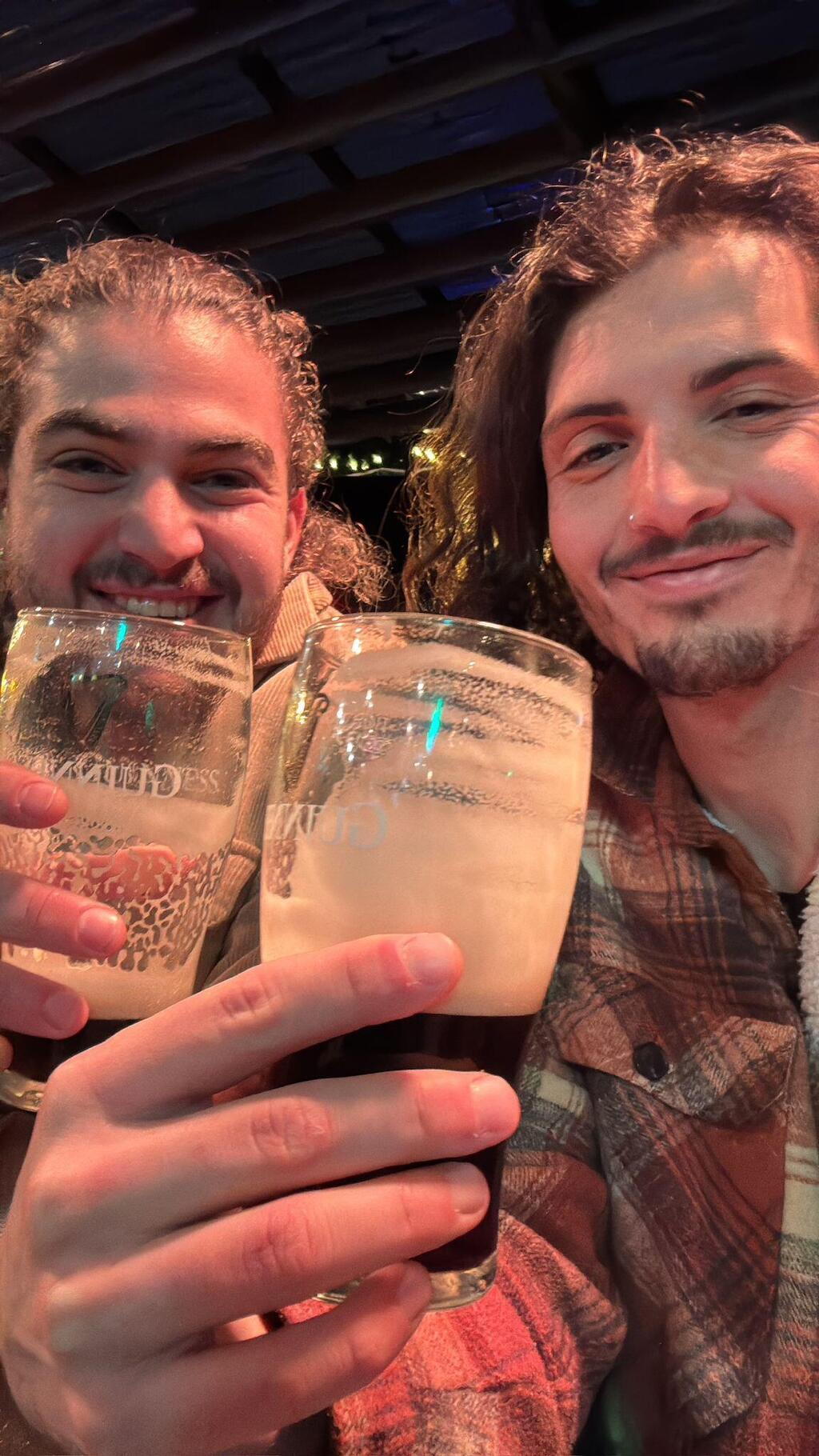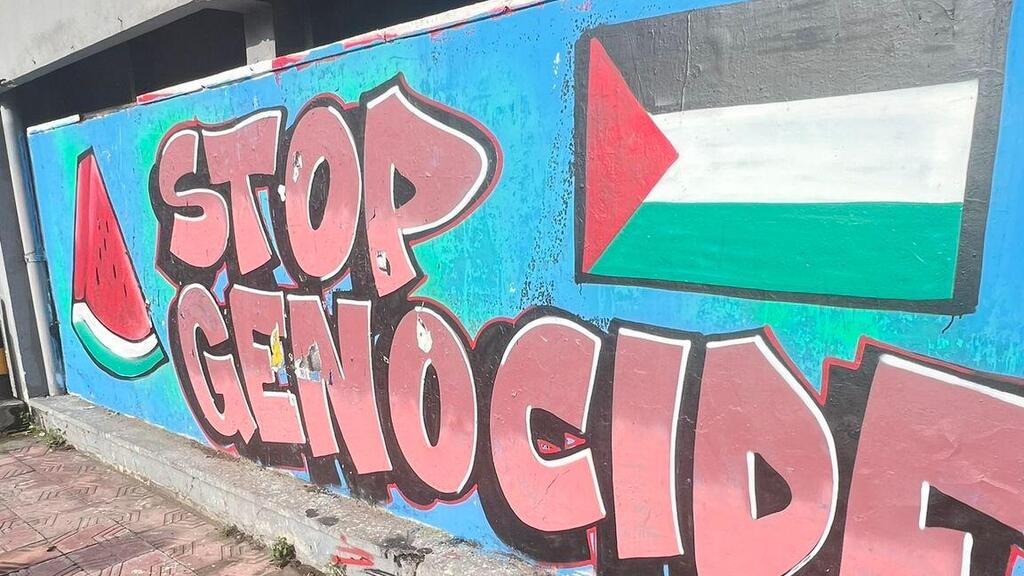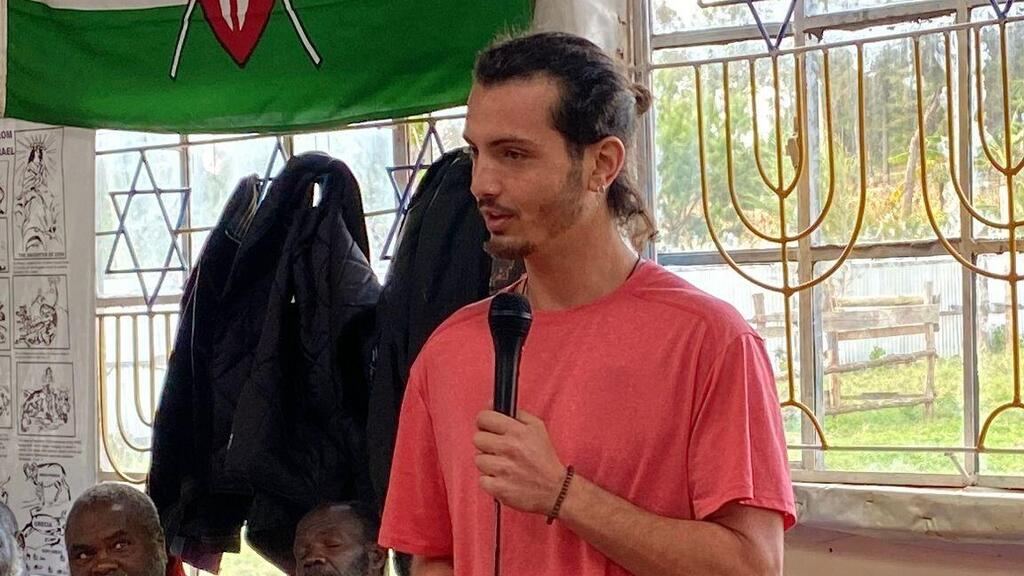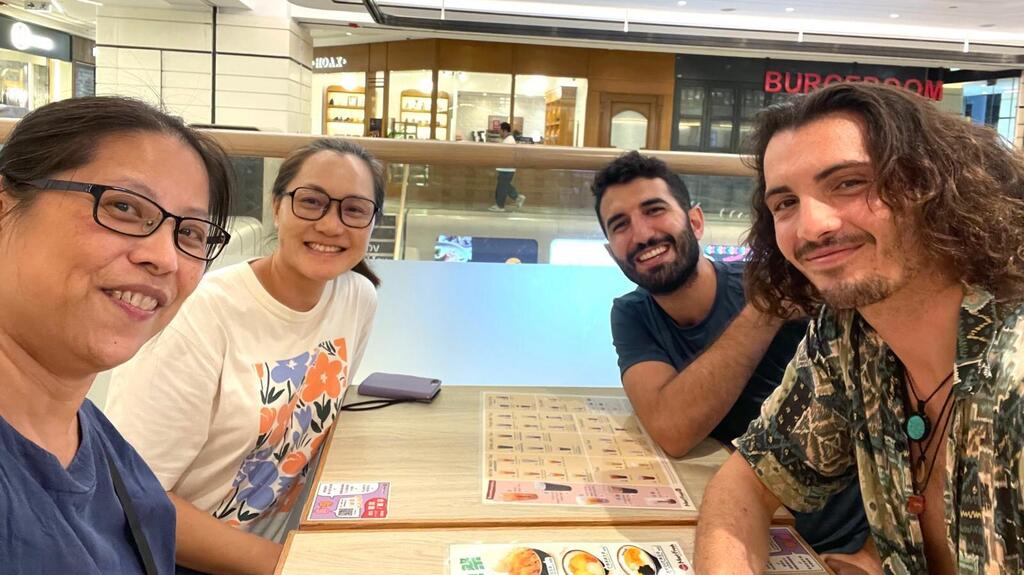One evening a few months after October 7, Uri Liron, a 27-year-old Israeli, was sitting with friends at a bar in Ireland. A casual conversation with a nearby group of women quickly turned into a confrontation.
“Everything was fine—we were talking, having a beer. Then they asked, ‘Where are you from?’” he recalled. “We hesitated but eventually said, ‘Israel.’ The second we did, everything changed. One got up and left and the other started shouting, ‘Baby killers! Why are you even here?’”
Within moments, the entire bar turned to look at them. More patrons joined in the shouting, and Liron and his friends quickly paid and rushed out. “We left everything on the table—drinks, plates—and just ran. In that kind of situation, you don’t think about advocacy or justice. You just think about staying alive.”
For Liron, the incident wasn’t isolated. He’s visited 68 countries as a travel blogger, including during the war in Gaza. But in the months since the October 7 Hamas massacre, he said, the experience of traveling as an Israeli has changed dramatically.
Identity on the defensive
Before October 7, most Israelis traveling abroad—especially in Western countries—rarely hesitated to identify themselves. But since the war and the global wave of backlash, that instinct has shifted.
The latest escalation, triggered by Israel’s offensive under Operation Rising Lion this past Friday, has brought the issue into sharper focus. With more than 100,000 Israelis now stranded abroad amid flight cancellations and airport closures, many report heightened fears of both physical and verbal assault.
Uri Liron in Indonesia
(Video: Uri Liron)
Liron recalled another moment in Indonesia, when a casual street conversation turned risky. “They asked where I was from. Without thinking, I said Romania.”
“The world doesn’t hate us. Sure, there’s antisemitism,” he explained. “Some people buy into garbage they see on TikTok or Instagram. But most of the people I’ve met—from 68 countries—either don’t care or are friendly. When I say I’m from Israel, a lot of them smile and ask about Tel Aviv.”
Get the Ynetnews app on your smartphone: Google Play: https://bit.ly/4eJ37pE | Apple App Store: https://bit.ly/3ZL7iNv
Still, he’s learned to be cautious. “In Vietnam, I sat near a German couple during a motorbike tour. The guy had a ‘Free Palestine’ pin on his bag. I considered not saying I was Israeli—but I did. He looked shocked but we ended up talking for 45 minutes. I told him what happened on October 7. I don’t know if I changed his mind but I was glad we spoke.”
‘You just listen to your instincts’
When asked sked how he decides whether to identify himself as Israeli, Liron said it depends on the situation. “If I sense danger, I don’t say it. If the person just seems confused or brainwashed, I feel it out.
“In places like Java in Indonesia, where there are Palestinian flags everywhere and graffiti of Israeli flags crossed out—it’s clear. I just say I’m Romanian. I even learned how to say ‘hello’ and ‘thank you’ in Romanian. It works.”
What about displaying Israeli or Jewish symbols?
“Israeli-produced sandals, tank tops, side pouches, long hair, nose rings, Star of David necklaces—these all scream ‘Israeli.’ Large groups, speaking Hebrew loudly—it’s obvious. I’m not saying never wear them. But if you want to lay low, maybe leave the pouch at the hotel.”
He shared his advice to fellow Israelis stuck abroad: “The world isn’t against us. Just be careful, stay aware and learn to read people. That’s the trick.”


